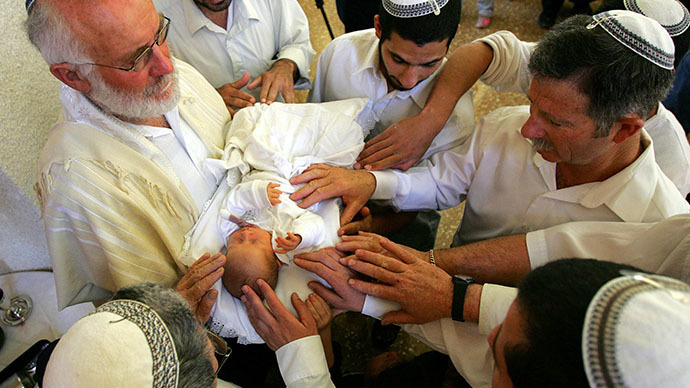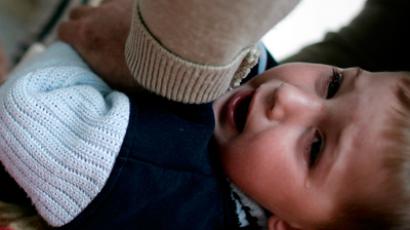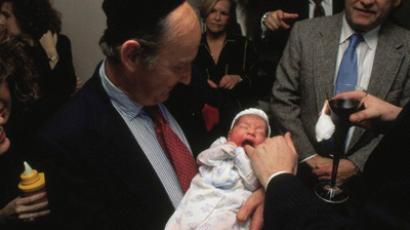Norway may ban non-medical circumcision of boys

Norway’s Health Ministry is considering a proposal on regulating the circumcision of boys. Some political parties are calling on a complete ban of the practice on minors, a possibility that would affect Jewish and Muslim communities.
Two years ago, the ministry was tasked with reviewing circumcision and how it should be practiced in Norway. It is yet to finalize its stance, but intends to submit its legislative proposal before Easter next year, Health Minister Bent Hoie told Aftenposten, Norway’s largest newspaper.
The issue was brought to public attention after the resent call by Norway Children’s Ombudswoman Anne Lindboe to ban circumcision of boys before age 16, unless the procedure is warranted by medical needs.
“This is not due to any lack of understanding of minorities or religious traditions, but because the procedure is irreversible, painful and risky,” she argued.
Lindboe’s position is shared by some members of the Labor Party, which currently holds the largest share of 55 seats in Norway’s 169-strong legislative and is in opposition to the ruling Conservative-Progress coalition.
“As a modern society, we should work to eliminate practices that expose children and people to unnecessary suffering,” said Labor’s Ruth Mari Grung, who is a member of the parliamentary Committee on Health and Care Services.
A ban is also supported by the Center Party, which has 10 seats in the parliament.
Other parliamentary parties are yet to formulate their official position on the issue. Hoie, a Conservative member, who used to chair the Health Committee before getting his ministerial appointment, voiced concerns that a ban would force the groups practicing ritual circumcision underground, where the procedure would be performed by non-medics and pose greater health risks to the children.
The Norwegian lawmakers also disagree on whether circumcision should be covered by the budget under the national healthcare system. Some parties insist that ritual circumcision should be paid for by parents.
According to the newspaper, an average of about 2,000 Muslim and seven Jewish newborns are circumcised in Norway each year.
Regulation of ritual circumcision in Europe made the headlines in June, when a German court ruled that the procedure constitutes a minor bodily harm and outlawed performing it on minors. The decision sparked nationwide debate on the conflict between religious freedoms and protection of children.
The issue was further stressed in early October, when the Council of Europe branded the practice “a violation of the physical integrity of children” and called on EU members to protect children. The latter should include a ban on performing circumcision on those who cannot consent to it, the non-binding resolution said.
Sweden, Finland, Denmark, Iceland and Greenland are among the European countries where public debate on ritual circumcision of boys is hotly debated.














